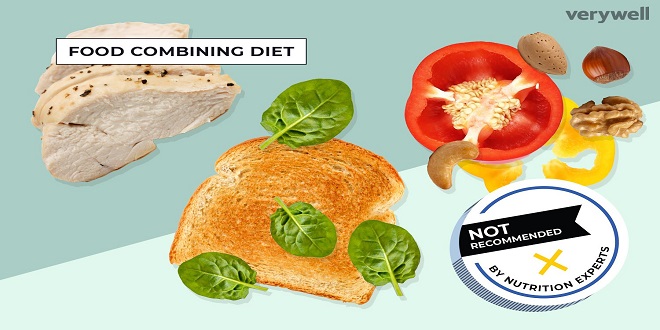Three Types Who Need to Control Their Carbohydrates

All this is fascinating, you are probably saying, but is it really relevant to my own particular, very individual situation? If you have a weight problem, it is extremely likely that the information contained in this book can help you solve it. My confidence is based on the fact that a long time ago, in 1964 to be exact, I first tried a controlled clinical trial by placing sixty-five subjects on a controlled carbohydrate regimen and sixty-four of them were able to reach their goal weight. The one who did not was still able to lose 90 pounds. In the years since I have continued to use this program to treat obesity, and I continue to have outstandingly successful results.
I Really Don’t Eat That Much
Are you overweight despite the fact that you don’t eat that much?
- Do you follow standard weight-loss diets to the letter, yet make no headway losing weight, or getting stuck far short of your goal?
- Have you noticed that many slim people definitely consume more food and more calories than you do?
- Are you just plain unpleasantly hungry on low-calorie/ low-fat diets?
- Do you find the amount of food you eat is really the least you can take in without feeling physically unsatisfied?
- Do you feel unfulfilled when you finish a so-called balanced meal?
- Do you find that when you eat the amount of food that feels just right, you don’t lose-or you even gain?
- Do you find yourself losing and regaining the same 10 to 15 pounds?
- Do you gain weight even though you eat natural, low-fat foods?
- Have you often said, “I’m really very disciplined; it must be my metabolism”?
- Do you ever wonder if your weight problem could be hereditary?
- Do you eat to make yourself feel better?
What Your Answers Reveal
First of all, I would find it hard to believe there could be a significantly overweight person who had no “yes” responses. If your affirmative responses form a pattern, I almost undoubtedly have a solution for your problem.
So let’s delve a little deeper. Do most of your yes responses place you in Group A? Then you have a metabolic problem, manifested either by an inability to lose weight or keep it off, or by hunger or the inability to achieve and maintain satiety (a feeling of being full or satisfied). If most of your yes responses were to Group B questions, you probably have some form of glucose intolerance
Three Facets of the Same Problem
Individuals whose “yes” answers fell primarily in Groups A and B (and most of you C responders, as well) have a condition that is the common denominator among nearly all overweight people. It is called hyperinsulinism. Before I explain the significance of hyperinsulinism and the very good news of how easily you can tame it on Atkins, I want you to reflect on the significance of eating. Stop and ask yourself, “What else do I do in the course of a day that constitutes such a dramatic and intense alteration of my body as swallowing the food I do?
Life Out of Control
Food-obsessive behavior is common. But some of the tougher cases fall beyond the scope of Groups A, B or C and can be a challenge to cure even by doing Atkins. Individuals who binge and fantasize and almost live for food are as much between a rock and a hard place as an alcoholic or a heroin addict. For these people, the best hope is still a metabolic approach to their problem.
The tattoo culture has experienced a significant rise in popularity over the years, becoming more mainstream and widely accepted. Tattoos have a long and rich history, serving as a form of self-expression and a symbol of cultural significance. From ancient civilizations to modern times, tattoos have held various meanings and purposes.




